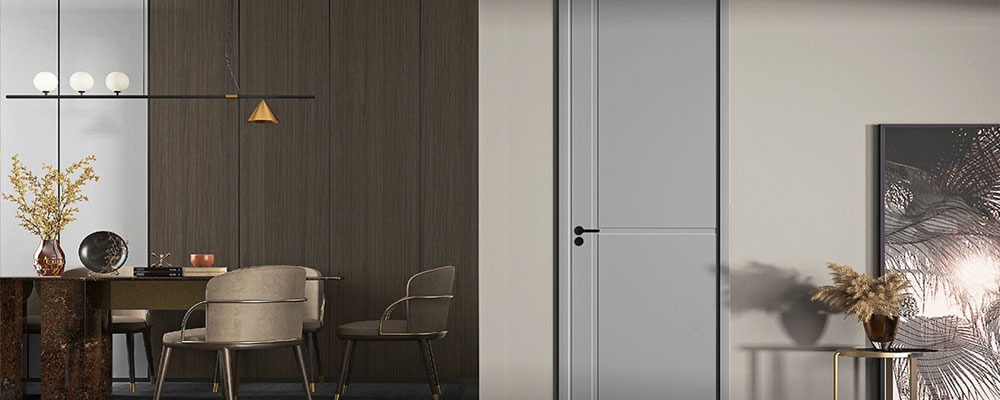
For complete functionality, interior commercial doors must be properly planned for every business space. In most cases, unlike external doors, they also add aesthetic appeal, privacy, and noise control to work areas. However, they must be related to the functioning, as even the best design can occasionally hinder efficiency. Generally speaking, a well-designed door enhances productivity and promotes a well-organised workspace.
Cubicle Office Doors: Provide seclusion while preserving an air of openness.
Conference Room Doors: Preserve privacy and minimise interruptions during meetings.
Employee Entrances: Manage entry to areas that are restricted.
Break room and storage room doors: efficiently divide important areas.
Bathroom Doors: They blend in perfectly with the design while offering the required privacy.
Hallway Doors: Reduce noise and preserve a smooth office layout, and Sliding door for office cubicle.
A workspace can become disorganised, noisy, and chaotic if the interior commercial doors are not installed properly. Carefully considered door placements provide structure, which enables businesses to function efficiently.
Office doors should aim to strike a balance between openness and privacy in any professional setting. Whether they are executive offices or shared workspaces, the design or the material used are important considerations. Solid doors like HPL door for toilet that offer total secrecy can also have glass doors that can give the impression of transparency without total separation. The decision made on this could ultimately impact the workplace's culture, focus, and teamwork. Accessibility and privacy can be improved by using sound insulation.
Glass doors preserve visibility, let light in, and create openness.
Wood doors provide a polished appearance, warmth, and noise reduction.
Laminate doors are low-maintenance, fashionable, and reasonably priced.
Hybrid Doors: Blend materials for both practicality and aesthetic appeal.
The choice of office doors enhances workspace while maintaining interior design uniformity. For a range of business requirements, Nice Touch supplies a selection of office door styles
To discuss ideas and reach decisions, people gather in a meeting room. Thus, conference room doors serve the purposes of accessibility, sound absorption, and privacy. Solid doors, of course, offer complete privacy, but glass doors would have frosty finishes to permit openness in the use of the space while maintaining discretion. To avoid distractions and such focus, acoustic insulation is necessary. Additionally, a professional and effective atmosphere is enhanced by doors that operate smoothly and quietly and are easy to access.
Sound insulation: Prevents outside noise from distracting you.
Tinted or frosted glass provides seclusion without sacrificing style.
Hinged or sliding doors guarantee easy access and save room.
Automated Options: Beneficial for high-tech meeting venues.
Superior conference room doors achieve both meeting confidentiality and a friendly environment simultaneously; on the other hand, Nice Touch is all about design and utility, focusses on this kind of door.